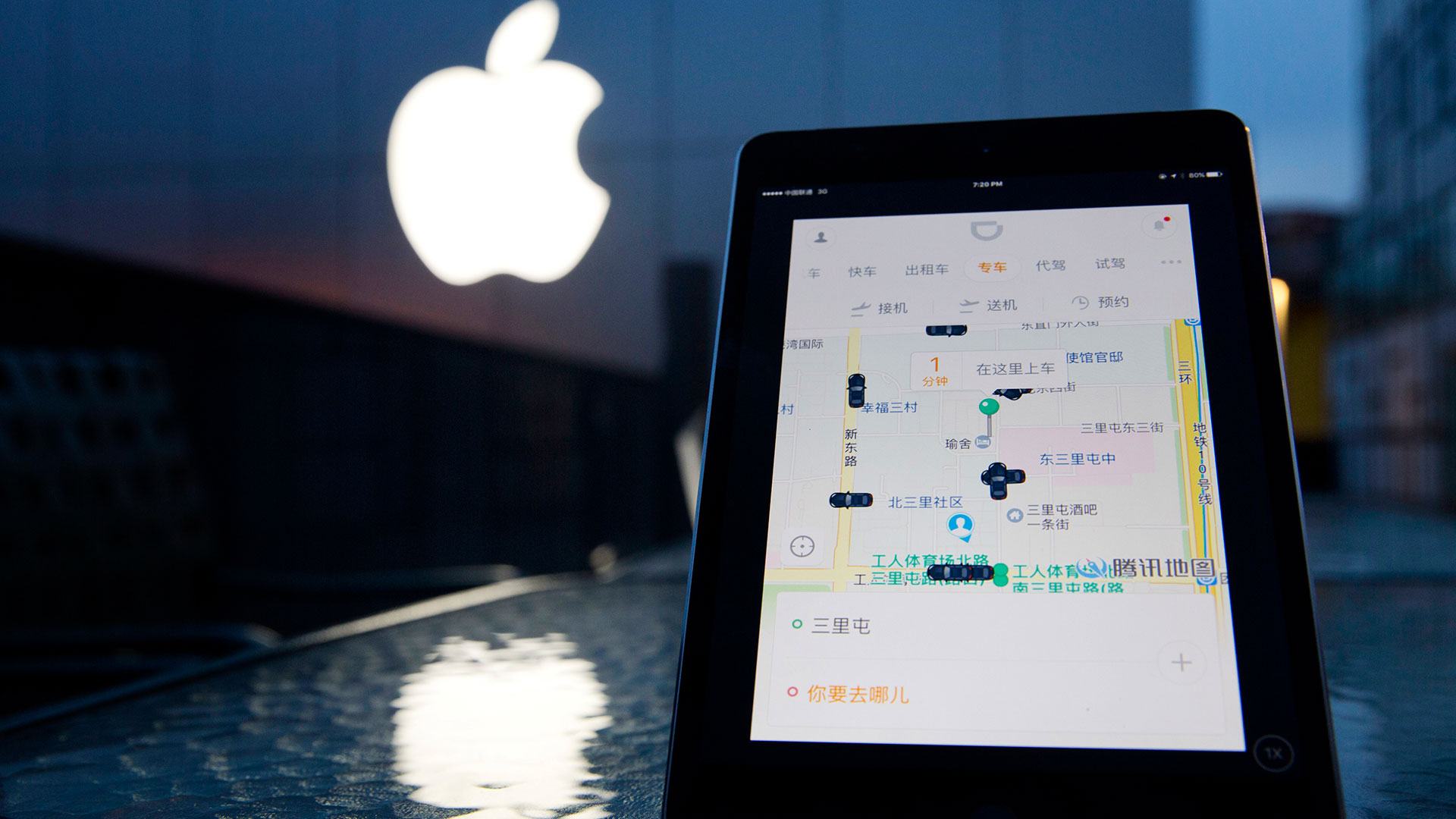

Apple has announced it is taking a $1 billion stake in Didi Chuxing, China’s homegrown rival to ride-sharing monolith Uber. The deal marks Apple’s first large-scale public move into the transportation sector.
“Didi exemplifies the innovation taking place in the iOS developer community in China,” Apple CEO Tim Cook said in a statement. “We are extremely impressed by the business they’ve built and their excellent leadership team, and we look forward to supporting them as they grow.”
Didi Chuxing, formerly known as Didi Kuaidi, was most recently in the news when the company entered into a partnership with Lyft that allows users of the Chinese ride-sharing app to also hail cars via the mustachioed car service. Didi Chuxing operates in more than 400 cities across China. As of May 2015, the service reported it was handling 5.5 million rides daily; since that time Didi Chuxing extended its availability in 10 percent more cities.
“The first time we met with Mr. Cook, we shared with him a joke,” Didi Chuxing president Jean Lieu said on May 12. “Our company’s legal name is called ‘little orange.’ We figured a company named after a fruit could always achieve something big.”
The transaction makes Apple one of Didi Chuxing’s so-called “strategic investors,” along with Chinese media company Tencent Holdings Limited and the Chinese e-commerce behemoth Alibaba Group, which has formed an alliance with Yahoo.
Apple, of course, has been a hot topic in the car world ever since rumors first emerged several years that the tech giant was working on an automotive-based project under the code name “Titan.” Since then, any news of the so-called “Apple Car” has been met with frenzied enthusiasm despite the fact—or perhaps because of the fact—that almost no concrete details are known about the company’s plans.
The increasingly important Chinese market has proven a tough nut for Apple to crack. While the country is the world’s second-largest market for the iPhone, sales of Apple’s smartphone have been slowing, and the company recently removed Chinese access to its iTunes digital media store. Overall, Apple sales in China are down 26 percent year-over-year for the most recent quarter.
Uber, for what it’s worth, has struggled to carve out a fiscally stable foothold in the Chinese market. While the ride-sharing company operates in cities around the country, CEO Travis Kalanick admitted earlier this year that Uber is losing around $1 billion a year in China—due in large part to fierce competition from Didi Chuxing.